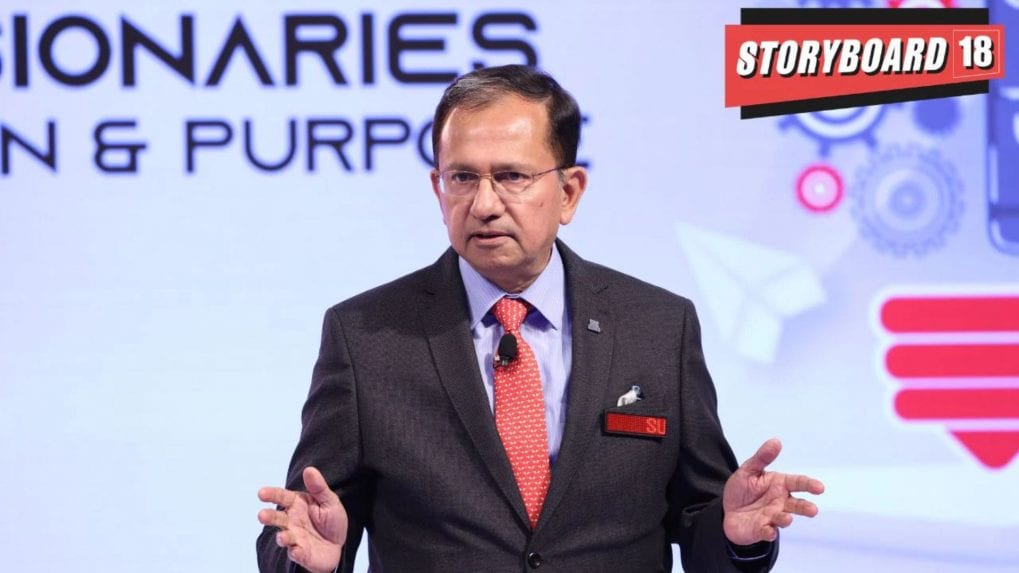Digital
Why OpenAI is hiring 100 ex-bankers: Inside the ChatGPT-maker's secret project to automate Wall Street's grunt work

For someone who has led one of the country's biggest FMCG giants through some of its most defining moments - from the Maggi crisis to a global pandemic - Suresh Narayanan, now former Chairman and Managing director of Nestle India, wears his legacy lightly.
In an exclusive interview with Storyboard18's Editor Delshad Irani, Narayanan opened up about more than market pressures and commodity inflation. He talked about purposeful leadership, compassion over competence, and what it really means to steer a company through uncertainty.
His message was clear: great leadership is less about power and more about people. "In a crisis, you don't run a company, you serve a family," he said, defining his leadership philosophy with unflinching clarity.
After spending over 40 years in corporate life, including nearly a decade in the top job at Nestlé India, Narayanan's approach is rooted in both experience and empathy. While he admits that a settled leadership style has its limits, especially in an era of rapid transformation, he says the biggest challenge for any leader is not managing the business - but managing oneself."
"People don't want to see a fearful leader. You've got to manage your own emotions and fears before you can lead others," he said. And ego? "Keep it in check. This is not about you."
During the pandemic, he leaned heavily on transparency, authenticity, and above all, compassion. "Nobody wants to see the cranial capabilities of the CEO in a crisis. They want to see the heart."
His emphasis on humanity over hierarchy extended beyond the workplace. Narayanan is known for being one of the most responsive CEOs on LinkedIn, frequently replying to young professionals and offering encouragement. "If a 23-year-old writes to you with hope and you don't even respond - what does that say about leadership?" he asks. "The only legacy I hope to leave behind is to have created leaders far better than me."
Even in navigating business challenges - like keeping Maggi relevant amid inflationary pressures or adapting to the D2C boom - Narayanan emphasized balance and thoughtful innovation, not knee-jerk reactions.
Nestlé India's approach under his leadership has been clear: mitigate cost shocks through efficiency and scale first, and turn to price increases only as a last resort.
At the same time, the company leaned into sustainability, digital expansion, and even explored new areas like healthy aging and plant-based nutrition.
As he steps away from the role, Narayanan leaves behind a legacy not just of business growth and brand revival - but of a new-age leadership template. One where CEOs aren't just brand custodians or profit generators, but also mentors, listeners, and emotional anchors for their teams.
His closing words resonate deeply in a post-pandemic world searching for leaders with more soul, "You can be competent, brilliant, qualified from the best institutions but if you don't have a heart that beats at the right speed for your people, you can't call yourself a leader."
From purpose-driven work and narrative-rich brand films to AI-enabled ideas and creator-led collaborations, the awards reflect the full spectrum of modern creativity.
Read MoreIn a wide-ranging interview with Storyboard18, Sorrell delivers his frankest assessment yet of how the deal will redefine creativity, media, and talent across markets.